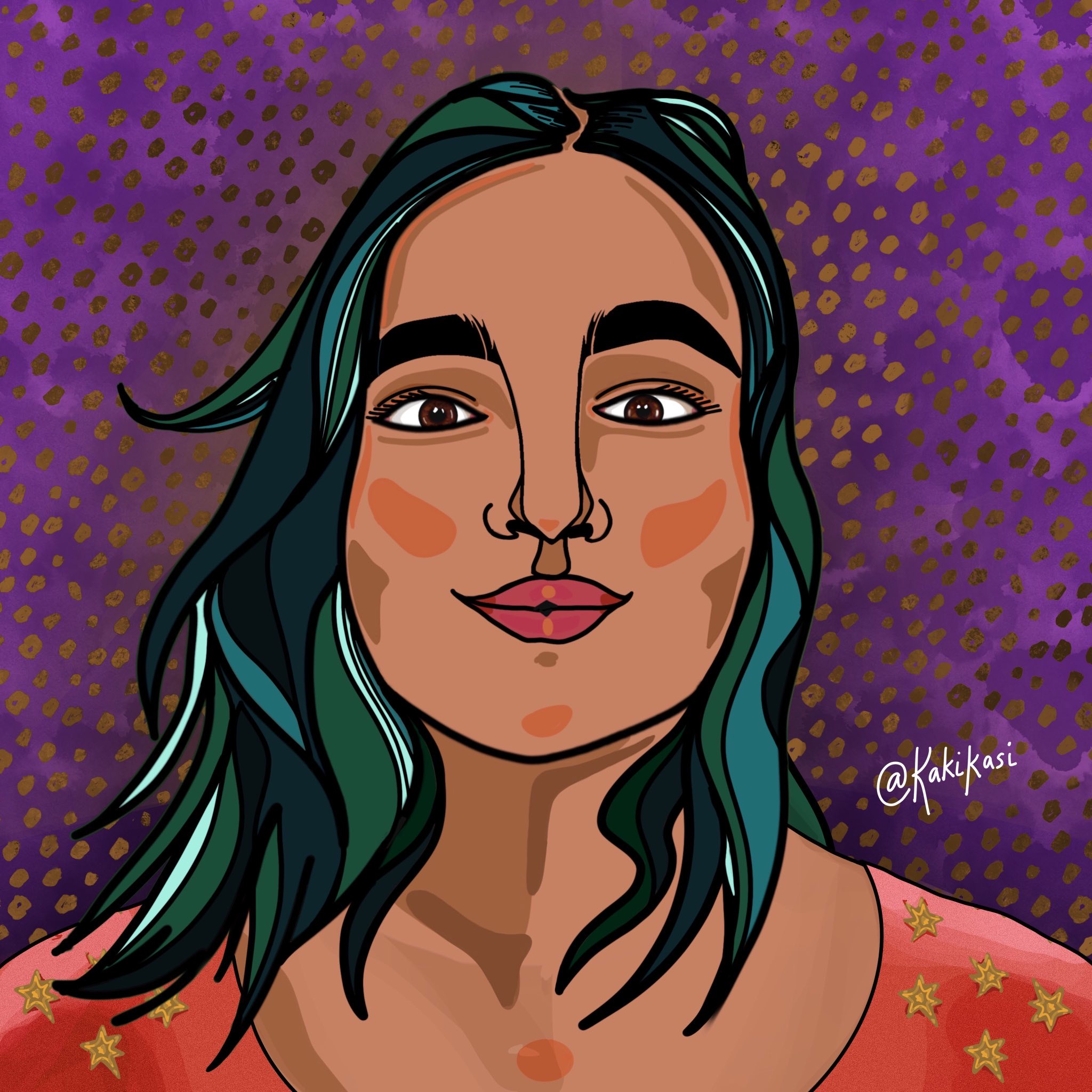Workshops
Who Cares?

Chairs, Harisha V, 1976, Indian, 2006, Woodcut print on paper, Image: H. 25.2 cm, W. 35.5 cm; Paper: H. 36.9 cm, W. 51.9 cm, MAC.00179-3
In this workshop, participants will imagine care beyond carceral logics of surveillance, punishment, and disposability, and seek to explore various facets of abolitionist care — delving into questions that prompt us to reflect on:
– What abolitionist care means to us,
– What the boundaries of care within existing structures look like and who is excluded from traditional care narratives, and
– What community-based responses to harm, crisis, and violence look like that centre on care, accountability, and transformative justice.
We will engage in a collective exercise of envisioning a world where barriers to care are dismantled and replaced with transformative, community-based care practices; imagining radical relationships of care that transcend reliance on the state.
This is a closed-door workshop and participants are expected to consider the workshop space with the utmost care, for themselves as well as co-participants. It’s a held space where one is allowed to share their vulnerabilities and be open to navigating conversations and ideas even where discomfort may arise.
We encourage participants with any kind of access needs related to hearing, speaking, learning, etc. to participate in the workshop. If you are a participant of this nature, please write to access@map-india.org prior to registration and let us know the nature of your needs and the support that may be required. We will try our best to make the necessary arrangements in consultation with you.
This workshop is facilitated by Dee and Nishma from Alternative Justice.
This event is part of the larger programming for the exhibition VISIBLE/INVISIBLE: Representation of Women in Art through the MAP Collection.
Limited spaces available. Selected participants will be contacted via email.
Click here to sign up.






